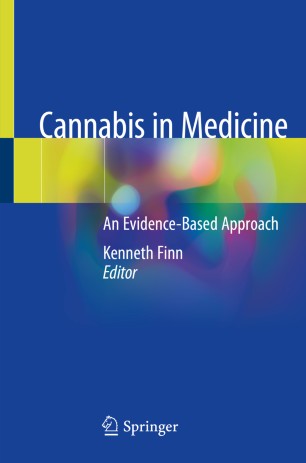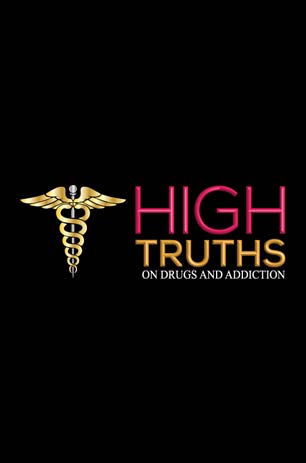Medical marijuana access and prolonged opioid use among adolescents and young adults
Abstract Background and Objectives Laws liberalizing access to medical marijuana are associated with reduced opioid analgesic use among adults, but little is known about the impact of such policies on adolescents and young adults. Methods This retrospective cohort study used 2005 to 2014 claims from MarketScan® Commercial database, which covers all 50 states and Washington


